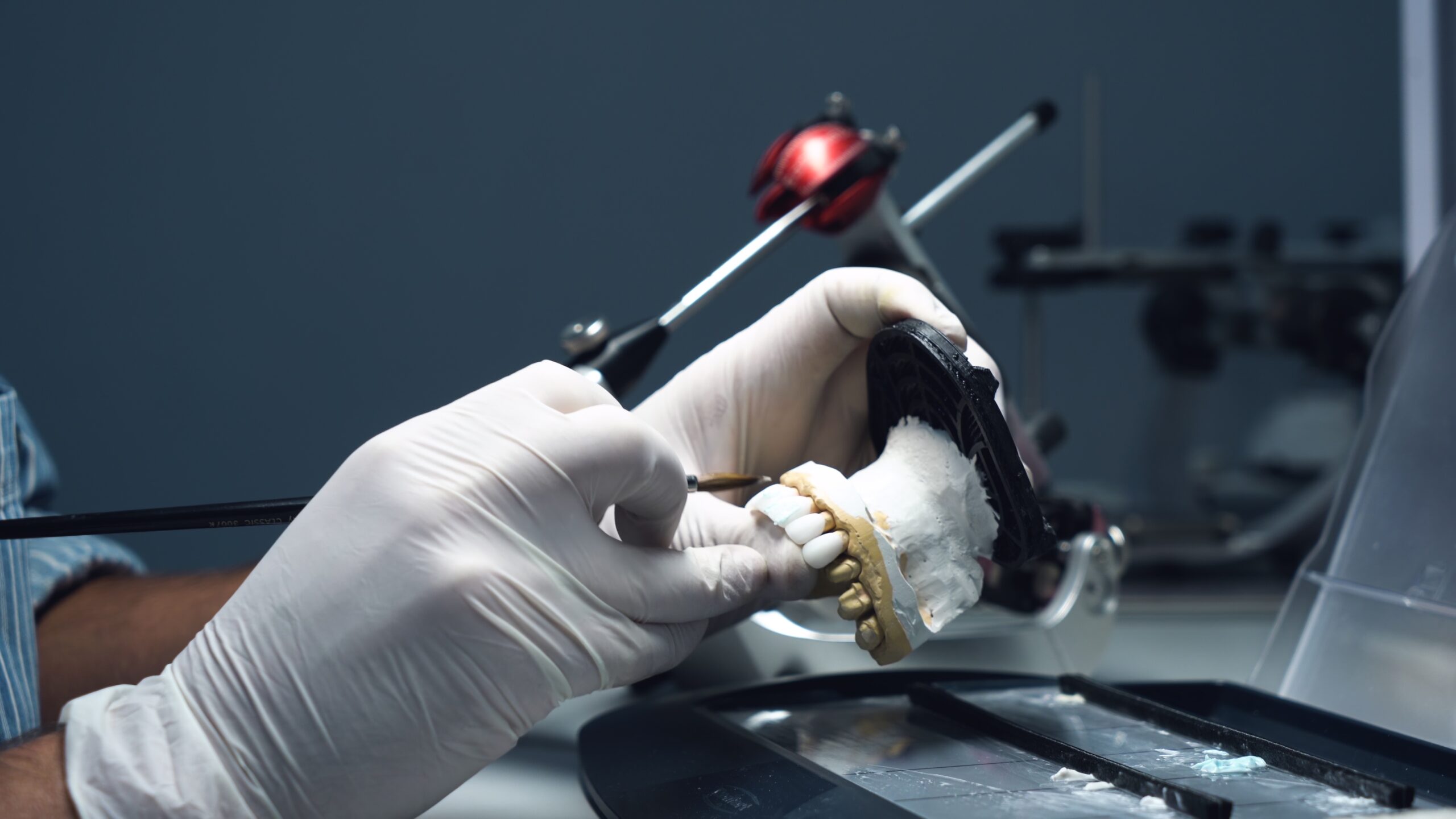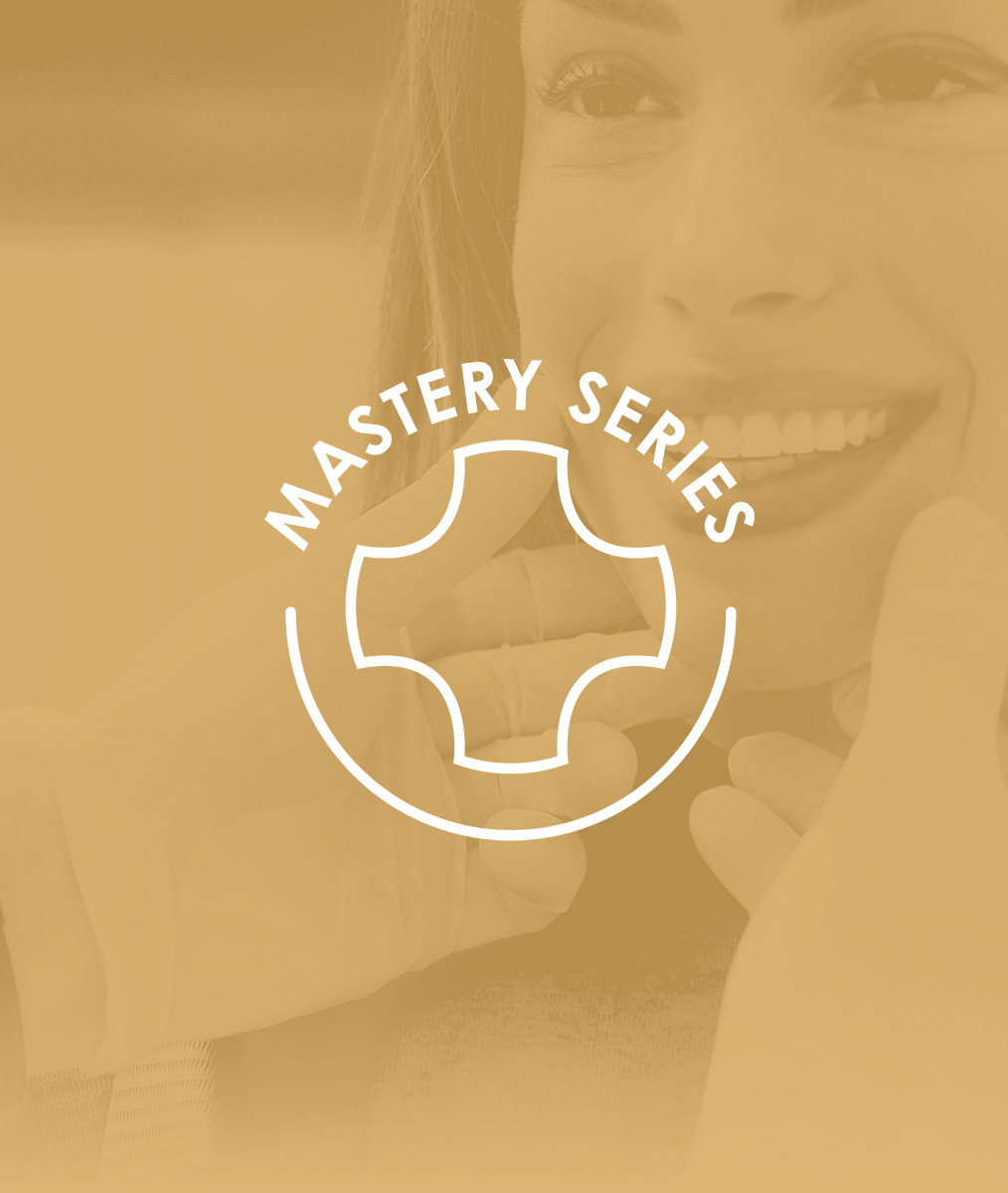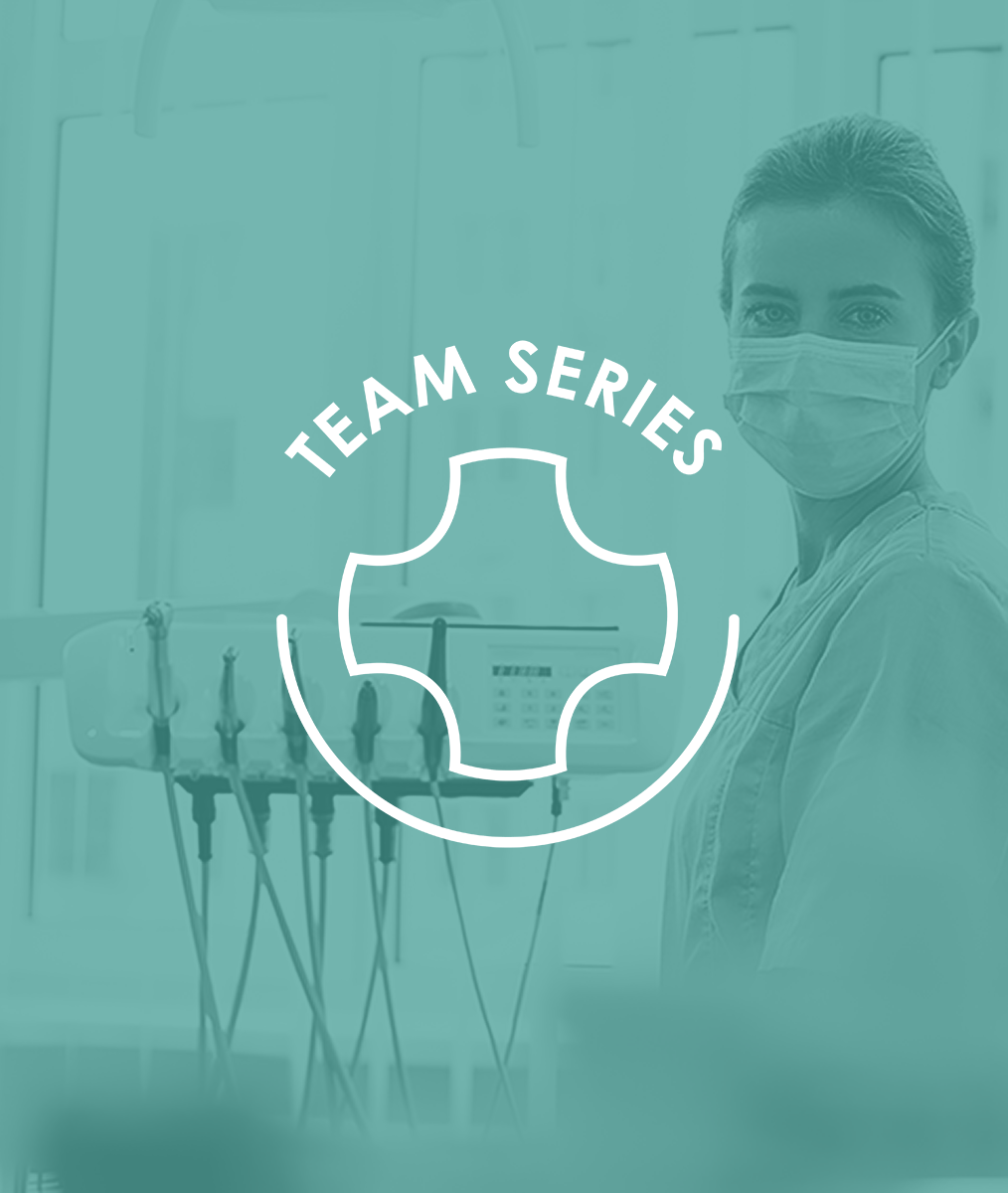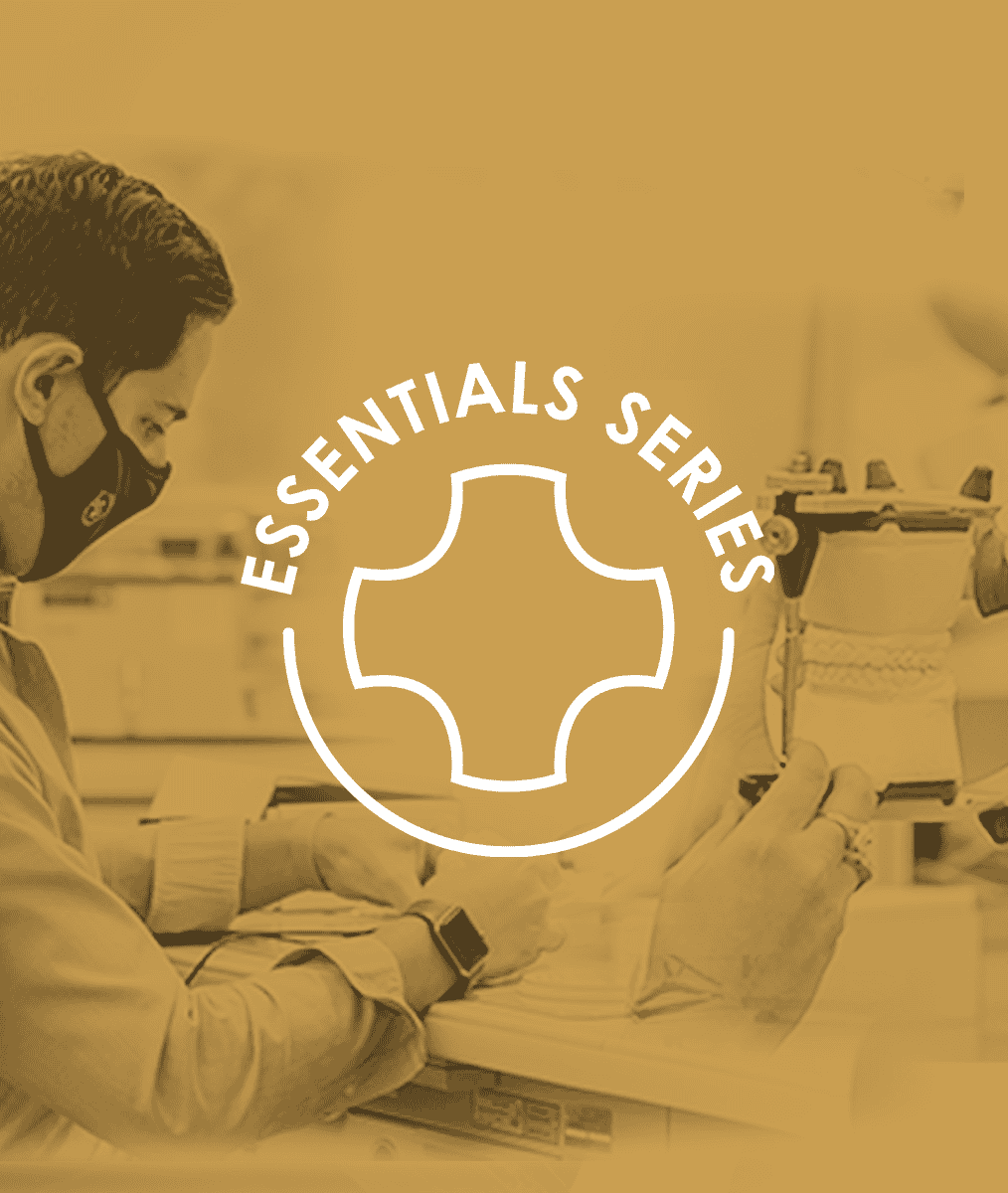Many Don’t Realize Their Pain Is Abnormal
When working with participants at The Pankey Institute, I help them analyze dental cases to assess the risk for joint and muscle problems. I often hear, “The patient is not reporting any pain.” Yet, the dental records indicate the patient is at high risk of experiencing pain.
I have discovered a question to ask my patients that reveals their personal pain tolerance. “When you have a headache or muscle pain, at what level of pain do you take an Advil?” Some patients say at level 1 or 2. Others say not until it is a 12. Patients are all up and down the scale.
This one question leads to the patient’s self-discovery about how they perceive pain and potentially tolerate abnormal pain when they are “diseased.” Further conversation helps the patient understand symptoms they have been dismissing indicate abnormalities that can be “treated” for a healthier, longer-lasting dentition and more comfortable life.
And this brings me back to how we diagnose and plan treatment in general. Sometimes the questions we ask our dental patients aren’t structured to get us the information we are hoping for. If we gather inaccurate impressions from their responses to our questions, we go down the wrong path clinically. Asking more powerful, well-crafted questions allows us to better know the patient and get more complete information to better understand their situation.
Related Course
Clear Aligner Therapy: Enhance Restorative Outcomes & Patient Health
DATE: May 23 2024 @ 8:00 pm - May 23 2024 @ 9:00 pmLocation: Online
CE HOURS: 1
Course Description: Review the digital workflow as part of the comprehensive exam and health screening during periodic exams. We will discuss the benefits of clear aligner therapy prior to restorative care. Also the…
Learn More>













